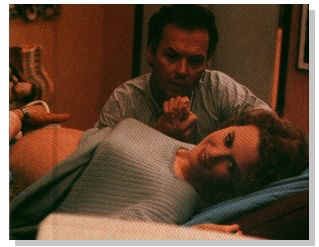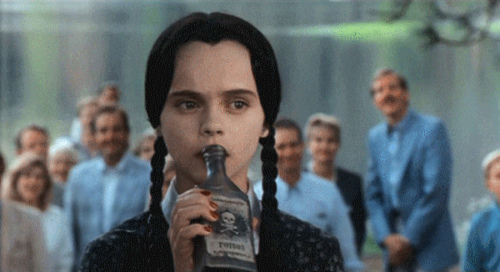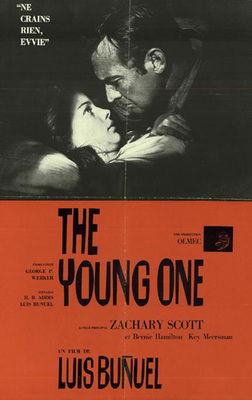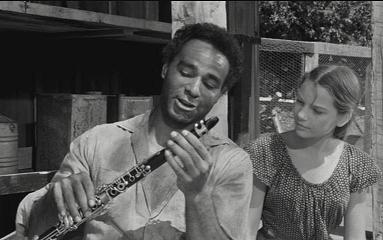From the Chicago Reader (October 1, 2004). — J.R.

Los Angeles Plays Itself **** (Masterpiece)
Directed and Written by Thom Andersen
Narrated by Encke King
I think there’s this weird thing at work now with the way people relate to, specifically, mainstream cinema. When they watch those movies they like to be on the receiving end. . . . The sound is so loud, and the images are so powerful, they want to be totally passive. But then, a few months later, the same film is on DVD, and they can watch it and they own it. And the relationship is inverted. They own that moment, that scene. They also control that diverse, complex relationship they have with film actors. They can watch this or that in slow motion or image by image. — Olivier Assayas in a 2003 interview
The paradigmatic shift in moviegoing described above is fundamental, profoundly altering what we mean by film history as well as film criticism. But if you keep your focus trained on theatrical releases, and regard the subsequent surfacing of the same items on video and DVD only as faint echoes, you’re less likely to be aware of what’s been happening lately, which is in fact affecting the entire corpus of cinema and our access to it. Read more
From the Chicago Reader (November 26, 1993). — J.R.



DEMOLITION MAN
* (Has redeeming facet)
Directed by Marco Brambilla
Written by Daniel Waters, Robert Reneau, and Peter M. Lenkov
With Sylvester Stallone, Wesley Snipes, Sandra Bullock, and Nigel Hawthorne.
FEARLESS
* (Has redeeming facet)
Directed by Peter Weir
Written by Rafael Yglesias
With Jeff Bridges, Isabella Rossellini, Rosie Perez, Tom Hulce, and John Turturro.
MY LIFE
** (Worth seeing)
Directed and written by Bruce Joel Rubin
With Michael Keaton, Nicole Kidman, Bradley Whitford, Queen Latifah, Michael Constantine, and Haing S. Ngor.
With the steady rise of committee moviemaking and the steady shrinking of attention spans thanks to TV, suspension of disbelief and densely imagined fictional worlds are becoming scarce commodities in pop movies. A relative triumph of style and blackout wit like Addams Family Values reflects this loss just as much as an airhead, cyberdolt, kick-ass romp like Demolition Man. In both films a character’s behavior or personality — and sometimes even the physical terrain — can change radically from one scene to the next, and no one in the audience is expected to notice or even care.

The only thing that seems to be important is that the scene (or moment) score. Read more
From the Chicago Reader (October 8, 1993). — J.R.

THE YOUNG ONE
**** (Masterpiece)
Directed by Luis Buñuel
Written by “H.B. Addis” (Hugo Butler) and Buñuel
With Zachary Scott, Bernie Hamilton, Key Meersman, Crahan Denton, and Claudio Brook.

Let’s start with a dream scenario, a movie that might have been. What if Luis Buñuel had made a picture with an American producer, American screenwriter, and American actors during the height of the civil rights movement and set it in the rural south? What if the main character were a black jazz musician from the north fleeing from a lynching, falsely accused of raping a white woman? And, to make a still headier brew, what if Buñuel decided to work in the theme of Vladimir Nabokov’s Lolita, a recent best-seller — the deflowering of a young girl by a middle-aged man?
As a piece of exploitation, this hypothetical project fairly sizzles; yet in the hands of a poetic, corrosive, highly moral filmmaker like Buñuel, it could well transcend this category. Allowing for the strangeness that would naturally arise from a foreign director taking on such volatile American materials — indeed, a strangeness that might even enhance the freshness of his treatment — one could well anticipate the beauty and excitement such an encounter might produce. Read more







